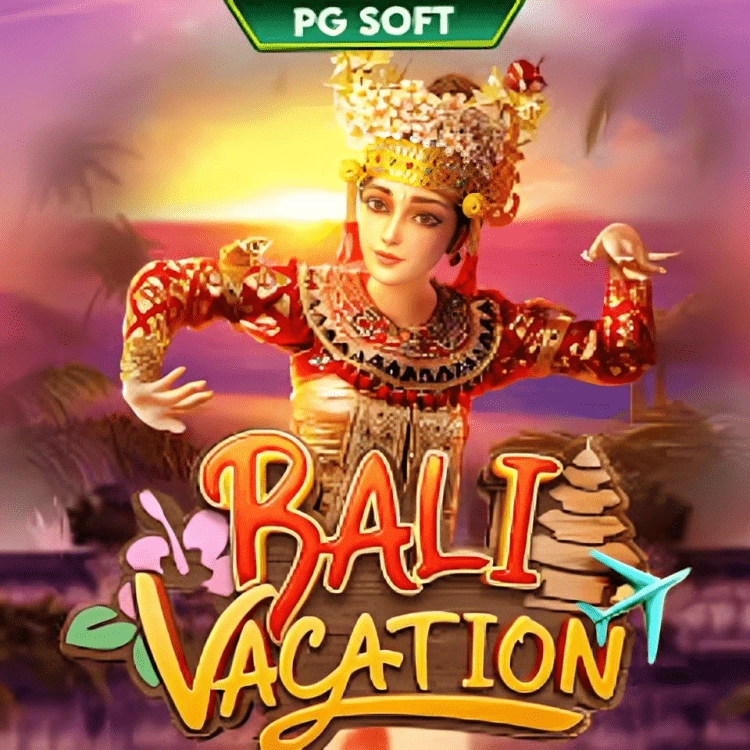Why PlayStation and PSP Games Continue to Define the Best Games Experience
The gaming industry has undergone rapid transformation, yet the influence slot of PlayStation remains constant. For decades, PlayStation games have been associated with innovation, emotional storytelling, and genre-defining gameplay. When players discuss the best games of all time, a significant portion of those titles originate from Sony’s platforms. This reputation was not built overnight; it is the result of consistent investment in creative studios and a willingness to take risks that reshaped gaming culture.
A major strength of PlayStation games is their diversity. From intense action titles to thoughtful role-playing experiences, the platform has always embraced variety. Developers used PlayStation hardware to experiment with mechanics that later became industry standards. This commitment to innovation allowed many titles to stand out as the best games of their era, offering experiences that felt fresh and engaging even years after release. Players were not just consumers but participants in evolving interactive worlds.
The introduction of the PlayStation Portable marked a turning point for handheld gaming. PSP games demonstrated that portable systems could offer depth and complexity previously reserved for home consoles. The PSP was not merely a companion device; it was a fully realized platform with its own identity. Players could immerse themselves in lengthy adventures, tactical combat systems, and rich narratives while traveling, making gaming more accessible without compromising quality.
What set PSP games apart was their ambitious design philosophy. Rather than focusing solely on casual gameplay, many PSP titles targeted dedicated gamers. These games featured robust progression systems, challenging mechanics, and cinematic presentation. As a result, several PSP releases are still considered among the best games in handheld gaming history. This success proved that portable gaming could be just as meaningful and impactful as console gaming.
Another defining feature of PlayStation games and PSP games is their strong sense of identity. Many titles are instantly recognizable due to their art style, music, and character design. This uniqueness helped them stand out in a crowded market and fostered loyal fan communities. Players often form lasting emotional bonds with these games, revisiting them years later through remasters or emulation. Such longevity is a key indicator of what truly defines the best games.
As gaming technology continues to advance, the influence of classic PlayStation and PSP titles remains evident. Modern developers frequently reference these games as inspirations, borrowing ideas related to storytelling structure, world-building, and gameplay mechanics. The lessons learned from these earlier titles continue to shape contemporary game design. This ongoing relevance highlights the enduring impact of PlayStation games across generations.






